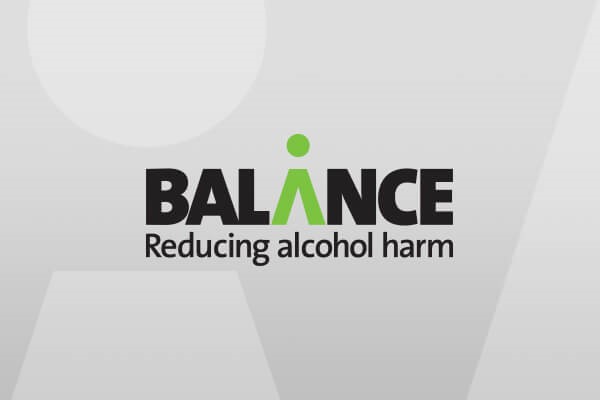No alcohol is the safest option in pregnancy
Balance, the North East Alcohol Office, is advising parents-to-be that no alcohol is the safest option prior to and during pregnancy, as figures reveal the impact it is having on families in the region and across the UK.
The advice is part of a national awareness day for Foetal Alcohol Spectrum Disorders (FASD) –a series of preventable birth defects, both mental and physical, caused by a woman drinking alcohol at any time during her pregnancy. These defects of the brain and the body exist only because of prenatal exposure to alcohol.
FASD is preventable but although it’s still underdiagnosed, statistics show that approximately 1% of all babies born may have some form of FASD. This suggests that around 300 babies born each year in the North East may suffer from the condition and 26,000 people in the North East could be affected. On a national level it is thought that approximately 630,000 children and adults are affected.
Often the condition goes undiagnosed, or is misdiagnosed, for example as autism or ADHD, and this can lead to secondary disabilities.
No two children with FASD are exactly alike, either behaviourally or physically. However, some of the characteristics may include attention problems or hyperactivity, academic problems, language deficits, behavioural and/or social challenges, sensory impairments, poor sense of self, poor memory, poor regulation of emotion and difficulty with time concepts.
Mary Edwards, Programme Manager Alcohol Treatment at Balance, said: “It’s clear that FASD can have a devastating impact on the lives of children and the entire family. It’s important to stress that there is no safe limit when it comes to alcohol and pregnancy and experts say that abstinence is the only safe policy for women who are pregnant or planning a pregnancy.
“Alcohol misuse is damaging lives across our region and comes in many guises. The North East has the highest rate of under 18 alcohol specific hospital admissions in England and more than half of all violent crime is linked to alcohol. Drinking too much and too often has become central in too many people’s lives and it’s been put there by an alcohol industry which places profit above the public health.”
Dr Shonag Mackenzie, lead obstetrician at Northumbria Healthcare, said: “FASD is the most common preventable disability in children which is why we would advise people that no alcohol is by far the safest option before and during pregnancy. The condition is also underdiagnosed so it is potentially a much bigger problem than reported.
“However it’s important to highlight that if you’ve have a few drinks not to panic. In some instances people will have had a few alcoholic drinks without even knowing they are pregnant but it’s never too late to stop, and as soon as you do, you’ll stop the harm it could be causing. Alcohol affects the brain development so the sooner the better to avoid an increased risk.”
Maria Catterick, a foster carer with experience of FASD, started up a support group called the FASD Network with other birth, foster and adoptive families and adults with FASD. She explains: “A common experience in the group are issues getting a diagnosis, the low levels of community and professional awareness and a lack of services and support which can lead to a lot of challenges for both the children and their families.”
“A number of families and adults with FASD and some professionals from all across the UK are heading to Westminster on Monday 9th which is international FASD awareness day to speak with MPs and highlight that despite the long held knowledge that alcohol can impact unborn children and that FASD is now the leading cause of preventable learning disability in the UK, their assistance is needed to address the lack of services and supports.”
Read a real life story about living with FASD here.
